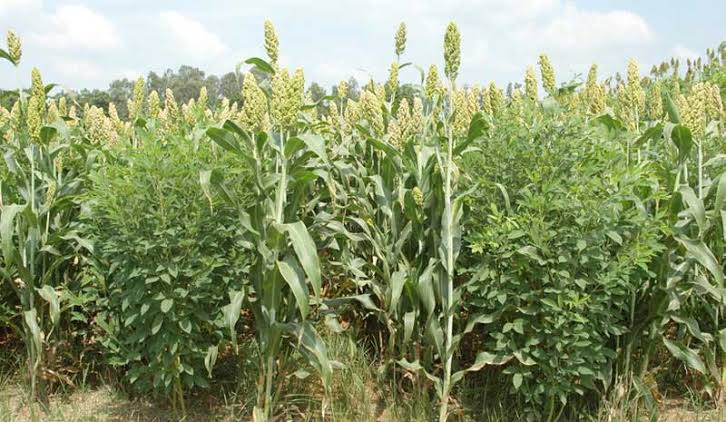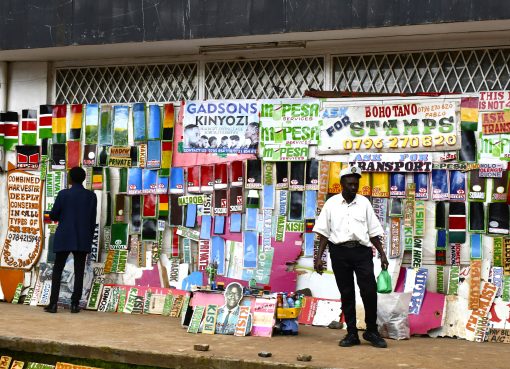Farmers in Elgeyo Marakwet have been advised against abandoning cultivation of drought resistant food crops which can also be stored for longer periods.
Pointing out that sorghum, green grams and maize can be beneficial in the short term as farmers can sell them off for cash and the same can be stored for an extended period of time in case of failure to get market for the crops.
During a field visit to farmers in Kapcherop, Marakwet West, the sub county Agricultural Officer Raymond Cheboi urged farmers to diversify agricultural production for better benefits.
He noted that there are benefits of planting drought resistant crops, which includes producing larger crop yields. This is because research shows that planting climate resilient maize crops leads to 25 per cent more crop yield. This is because these crops are still able to grow in periods when the rain fails.
He added that even though there are benefits that come with planting drought resistant crops, there are various steps that farmers must take to make the most out of planting these tolerant varieties.
They must practice mulching which is the process of covering soil between plants with a layer of material to keep the soil moist, this is done to keep moisture in during periods of drought.
Unlike traditional seeds drought resistant or tolerant seeds have to be purchased every year and even though drought tolerant crops produce seeds, they lose their drought protection capacities with time so farmers are advised to purchase new seeds not save seeds from previous harvests.
He noted that the use of drought resistant crops and the incorporation of efforts from farmers currently and in the future will bring greater yields, improved incomes and increased food security.
Cheboi cautioned farmers against selling their crops as individuals to discourage middlemen and brokers who always reduce the prices of produce thus exploiting them.
By Rennish Okong’o




